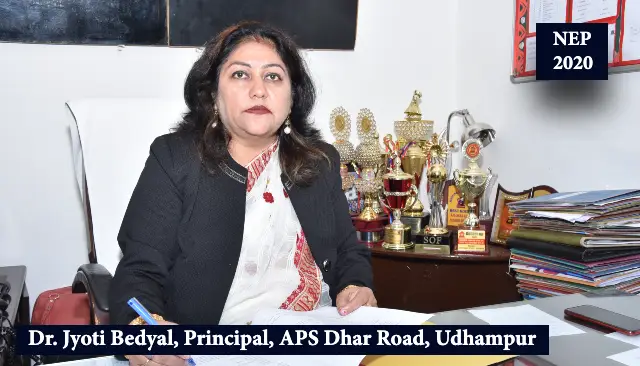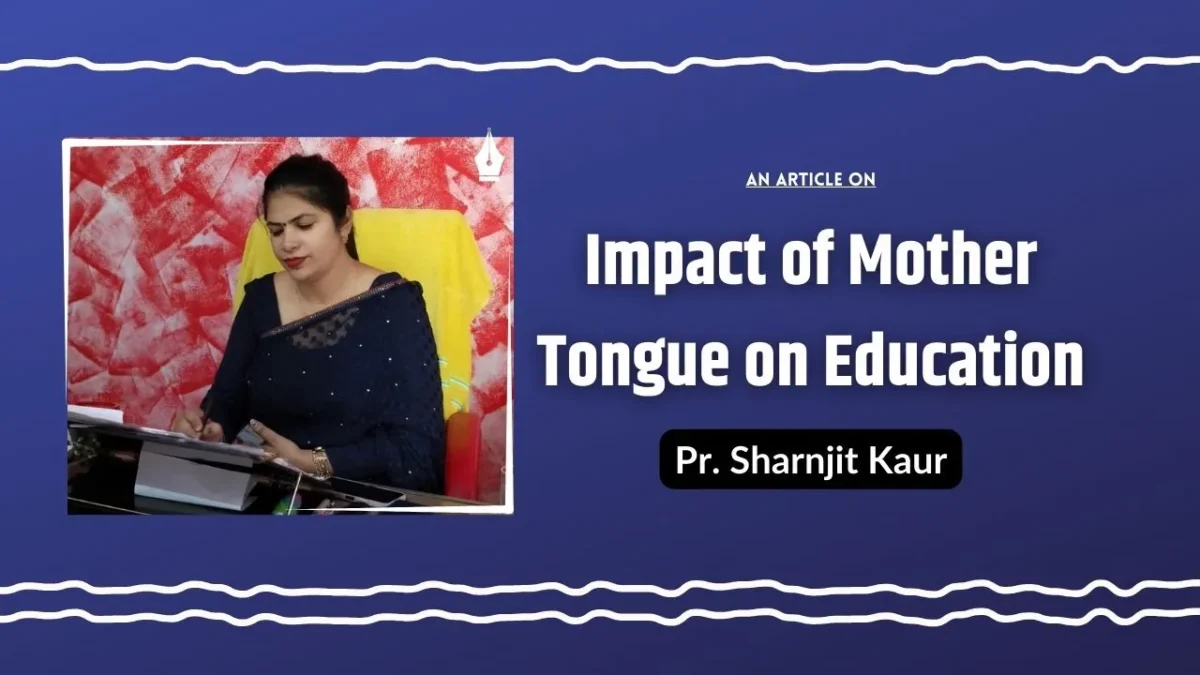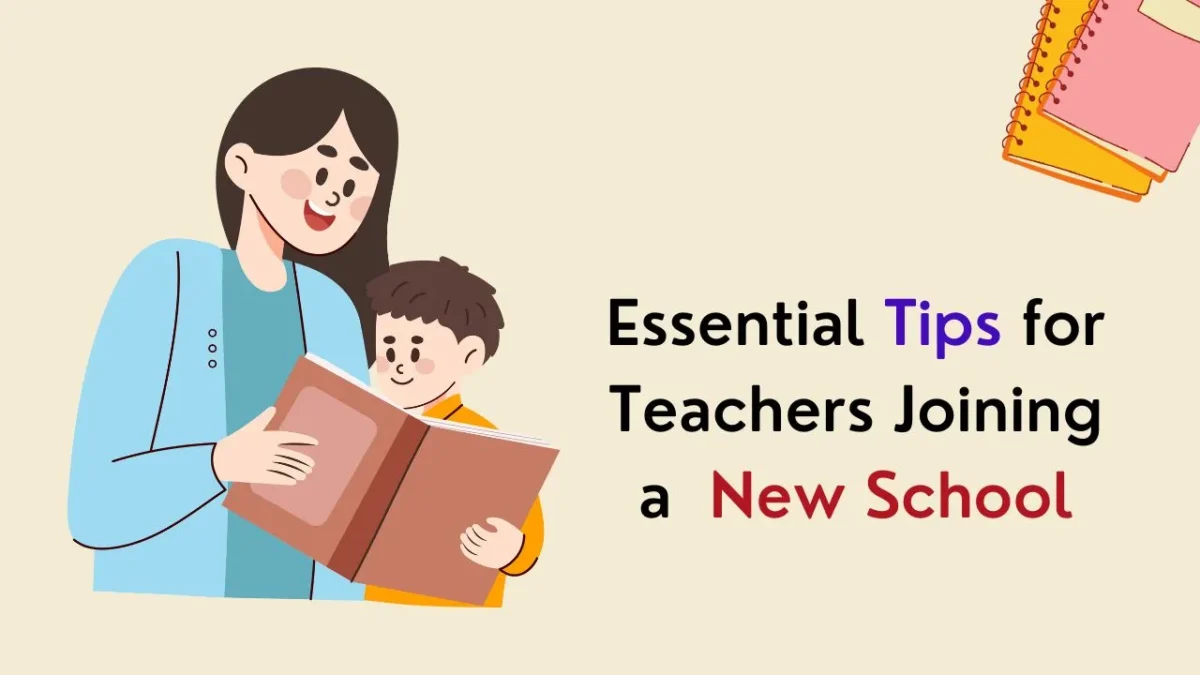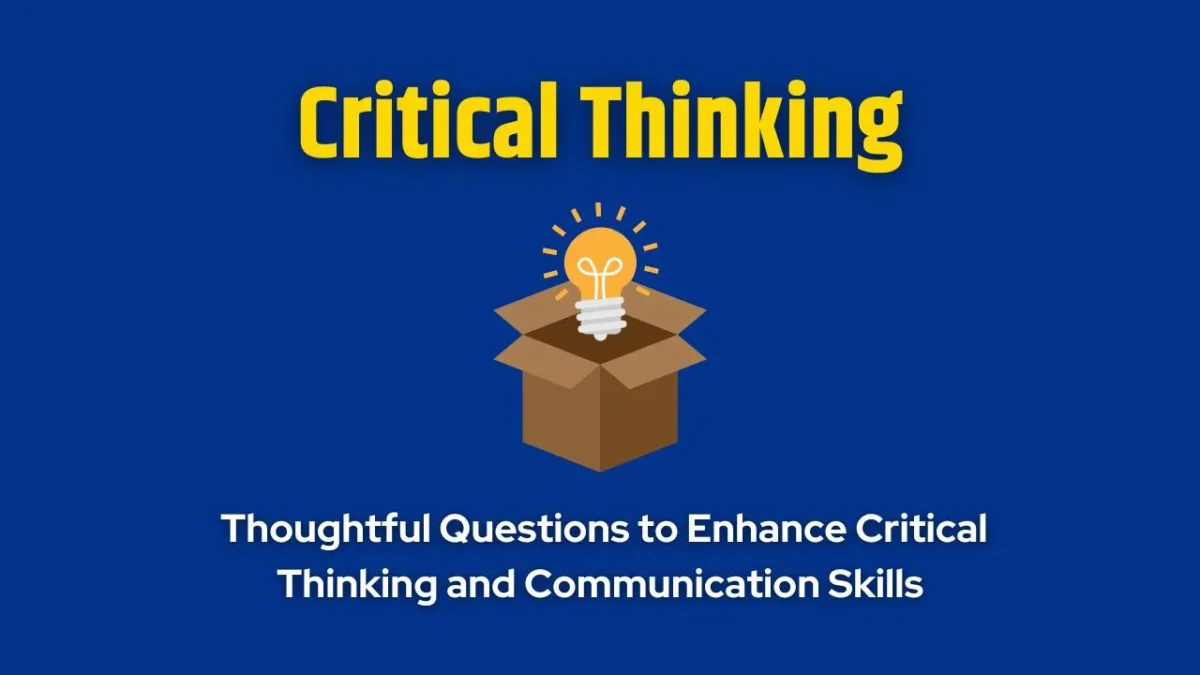NEW EDUCATION POLICY 2020 QUALITATIVE IMPLEMENTATION IS THE KEY TO SUCCESS
Welcome to Shikshapress. NEP2020- Education is fundamental for achieving full human potential, developing an equitable and just society, and promoting national development. Providing universal access to quality education is the key to India’s continued ascent, and leadership on the global stage in terms of economic growth, social justice and equality, scientific advancement, national integration, and cultural preservation. Universal high-quality education is the best way forward for developing and maximizing our country’s rich talents and resources for the good of the individual, the society, the country, and the world. India will have the highest population of young people in the world over the next decade, and our ability to provide high-quality educational opportunities to them will determine the future of our country. Source NEP2020 Final Draft.
“The Secret of CHANGE is to focus all of your energy, not on fighting the old but on building the NEW”
1. As we know change is the law of nature. If we do not change with the passing time, we may tend to get stuck at one place or may become outdated. Keeping in mind that progress is impossible without change, India has made a historic and significant move by framing the New Education Policy 2020 after a long gap of almost three decades.
2. Now, the need of the hour is to focus cautiously on the implementation of NEP 2020 with proper planning and organizing in order to reap the fruits of it in the long run. Nowhere arises the question that what will be the road map to implement NEP 2020 in APSs all across the country.
3. To build the pathway leading to the implementation of NEP 2020 across all Army Public Schools certain decisions and obligations need to be fulfilled at three levels – AWES, Principals and Teachers.
4. At the level of the apex authority, AWES, decisions regarding standardization of curriculum and pedagogical approach, structural change, kinds of training and workshops for teachers, etc need to be taken and all the students to be nurtured in a uniform pattern at all APSs so there is a smooth and easy transition of a child from one APS to another. Therefore, keeping in mind the new structural change (5+3+3+4) of the NEP 2020, the first important decision regarding the incorporation of Class I and Class II needs to be taken.
With effect from April 01, 2011, all the preschools run by army establishments are grouped under the control of the apex authority AWES. So now the need has arisen to decide the future course of action that whether the whole Pre – Primary Wing will be merged with the APSs, or 3 years of Preschool along with Class I and II will be developed as a separate entity as they together make the first stage of NEP 2021, i.e., the foundational stage.
As the objective of any education system is to benefit children so that no child loses any opportunity to learn and excel because of circumstances of birth or background, NEP-20202 has a target of 100% Gross Enrolment Ratio (GEER), in school education by 2030.
5. The curriculum for the preschool needs to be developed and should include all the developmental domains of ECCE – cognitive, creative, physical, social and emotional, as well as integrates life skills, thinking skills, problem-solving, etc.
6. Secondly, NEP focuses on providing vocational education with the inclusion of informal internships. Therefore, bringing uniformity in the vocational courses to be offered is of prime importance. Along with that there is a need is to chalk out the different units that need to be collaborated with APSs to provide informal internships. As these are to be provided at local trades or crafts, all APSs need to look for the availability of these with respect to the courses offered as vocational.

7. Another significant decision regarding the subject combinations to be offered needs to be taken at the administrative level. As APSs were formed with the view to provide service to people absorbed in armed forces, therefore, bringing uniformity and universalization of curriculum in the courses offered throughout the APSs has to be taken earnestly so that no inconvenience is caused to the parents as they are in transferable jobs.
8. Even if the plan for the best school is made but it is not successful until we deploy human resources. Therefore, a properly planned and organized recruitment process needs to be delineated out as teachers need to be recruited for the vocational courses. In the present era, teachers will be available for courses like coding, electronics, etc. But recruitments are also to be made for courses like carpentry, plumbing, gardening, etc. To train the students, first, the training of the teachers is also important in order to achieve the requisite learning objectives. Hence, training modules need to be designed as part of the readiness promulgation for existing and new teachers.
- New Policy aims for Universalization of Education from pre-school to secondary level with 100 % GER in school education by 2030
- NEP 2020 will bring 2 crore, out of school children, back into the mainstream.
- New 5+3+3+4 school curriculum with 12 years of schooling and 3 years of Anganwadi/ Pre-schooling
9. Another important aspect to be considered for the successful implementation of NEP 2020 in APSs is the languages to be used as the medium of instruction. Our NEP 2020 aims at the usage of mother tongue or vernacular languages as a medium of instruction for students at the foundational level. But as the parents of APSs are in transferable jobs so for a smooth transition of children from one station to another one common language needs to be induced in the system. For example, Hindi may be used as the first language of instruction throughout APSs till the foundational stage to ensure uniformity all over India.
Cabinet Approves National Education Policy 2020, paving way for transformational reforms in school and higher education systems in the country
10. Another important facet is the digitization of the common classrooms as per the vocational courses undertaken. For example, for coding courses, computer-aided labs should be expanded and separate classrooms to be included in the infrastructure for proper training and practice of students. All APSs need to focus on capacity building as infrastructure needs to be developed to cater to all courses under one roof.
11. Other important aspects include the change in the assessment process and report cards. Instead of focusing on marks, the report cards should act as pathways expressing the milestones covered by the students. Instead of keeping tests as the medium to assess the child’s progress should be seen through other aspects like making working models, doing research work, undertaking projects, etc.
12. The New Educational Policy 2020 aims at making the education system holistic, flexible, multidisciplinary, aligned to the needs of the 21st century and the 2030 Sustainable Development Goals. The intent of policy is ideal in all ways but the key to success lies in the effective and efficient implementation because it is rightly said that –
Implementation leads to the way of visions. Dreams lead to the way of ideas. Vision doesn’t come without dreaming and ideas don’t work without implementation. So dream and implement together, in order to transform ideas into Visions..!!
An Article By Dr. Jyoti Bedyal Principal Army Public School Udhampur J&K.
Click Here to Download or Read New Education Policy Final 2020
For breaking news and live news updates, like us on Facebook or follow us on Twitter and Join our Premium Telegram Channel. Read more on Latest Exams & Results News on Shikshapress.com.






